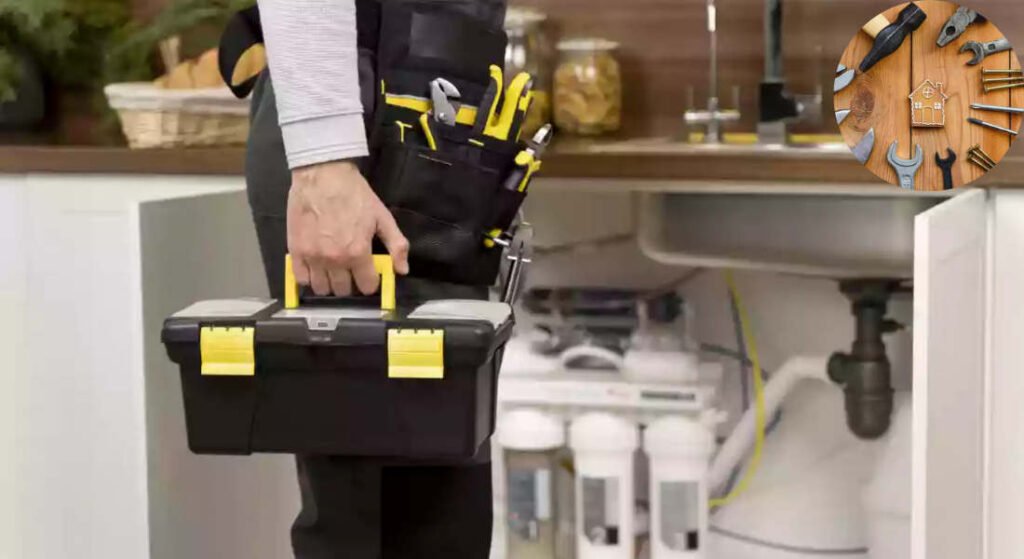Relocating to a new state comes with its own set of challenges, especially for professionals like plumbers who rely on state-specific licenses to work legally. One of the most common questions plumbers face during such moves is: do house plumbing licenses transfer to other states? The answer to this question isn’t straightforward, as licensing requirements differ across states and depend on multiple factors.
Why Plumbing Licenses Matter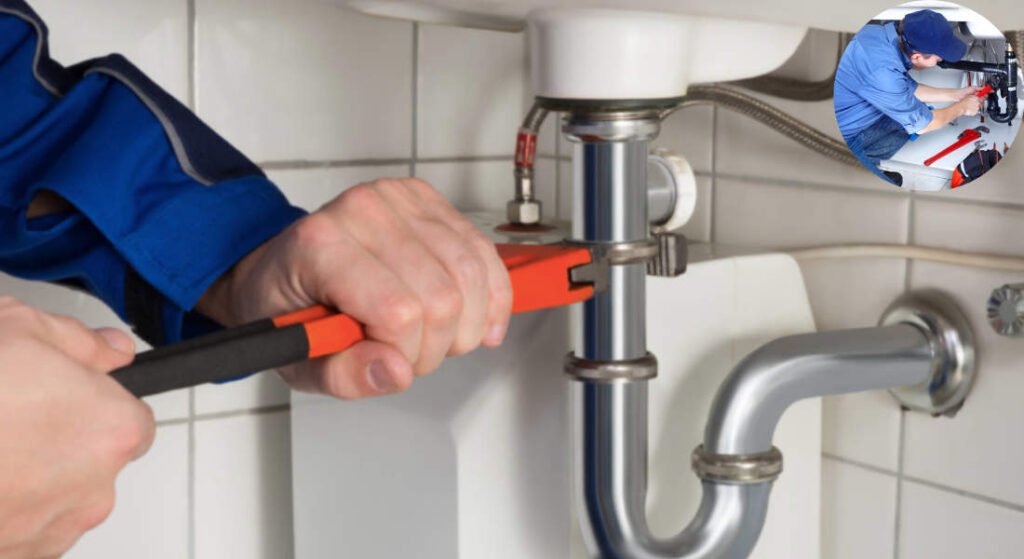
Plumbing is a regulated profession primarily because it has a direct impact on public health and safety. A properly licensed plumber ensures that water systems are installed, maintained, and repaired in accordance with state codes and regulations. Let’s dive into the basics.
What Is a Plumbing License?
A plumbing license is an official certification granted by a state or local government, allowing individuals to perform plumbing work legally. This license demonstrates that the plumber possesses the necessary expertise, skills, and knowledge to perform plumbing tasks safely and efficiently.
Why Licensing Is Crucial
Licensing protects both consumers and professionals. For homeowners, it ensures that their plumbing systems meet legal standards and are safe to use. For plumbers, it legitimizes their work, allowing them to bid on projects, obtain insurance, and avoid legal consequences.
Types of Plumbing Licenses
There are typically three levels of plumbing licenses:
- Journeyman License: For individuals who have completed their apprenticeship and passed a licensing exam.
- Master Plumber License: For experienced plumbers who have worked as journeymen and passed a higher-level exam.
- Contractor License: For plumbing business owners, often requiring both plumbing expertise and business acumen.
Do House Plumbing Licenses Transfer to Other States?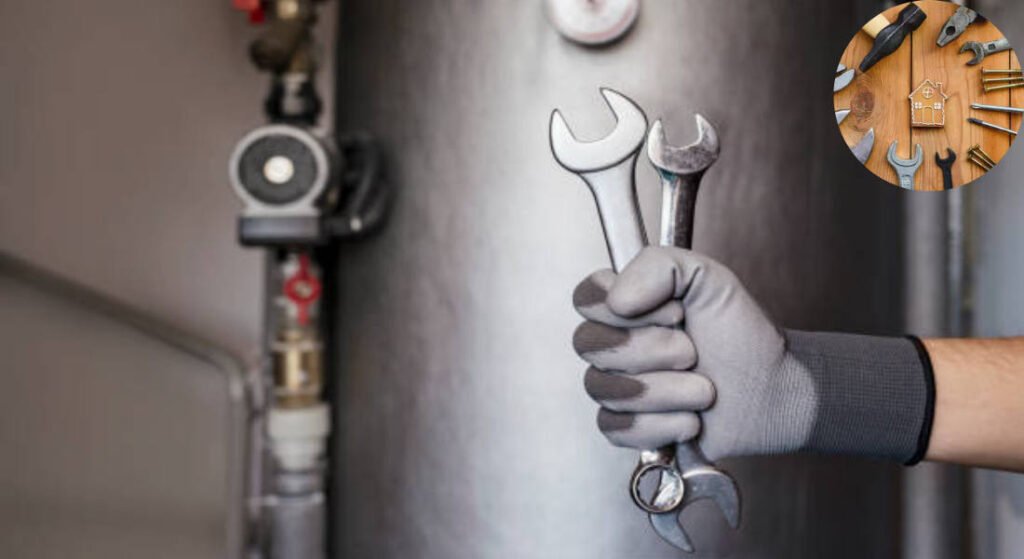
The transferability of plumbing licenses is a common concern for plumbers moving to a new state. Unfortunately, there’s no universal answer, as it largely depends on state reciprocity agreements and individual licensing requirements.
You may also read (the role of math in effective house plumbing).
What Is License Reciprocity?
License reciprocity refers to agreements between states to recognize each other’s licenses. For plumbers, this simplifies the process of obtaining a license in a new state, as their existing credentials may be honoured or partially accepted.
Example: Reciprocity in Action
If you’re a licensed plumber in Ohio and relocating to Tennessee, you’re in luck! These states have a reciprocity agreement, meaning your Ohio license may allow you to work in Tennessee without starting from scratch.
States With and Without Reciprocity
While some states maintain reciprocity agreements, others do not. For example:
- States with reciprocity agreements: Tennessee & Ohio, Washington & Idaho, West Virginia & Ohio.
- States without reciprocity: Texas, Utah, Wisconsin.
If your new state doesn’t honour your current license, you may need to reapply, complete training, and take exams again.
What If There’s No Reciprocity?
When no reciprocity exists, plumbers must begin the licensing process from scratch. This includes:
- Submitting an application.
- Providing proof of work experience or education.
- Passing state-specific exams.
- Paying licensing fees.
This can be time-consuming and costly, but it is necessary to legally operate in the new state.
Why Contact the Licensing Board?
Each state has unique plumbing regulations, so it’s essential to contact the state licensing board in your new location. They can provide detailed instructions, clarify eligibility, and inform you about exemptions or waivers you may qualify for.
How to Apply for Plumbing License Reciprocity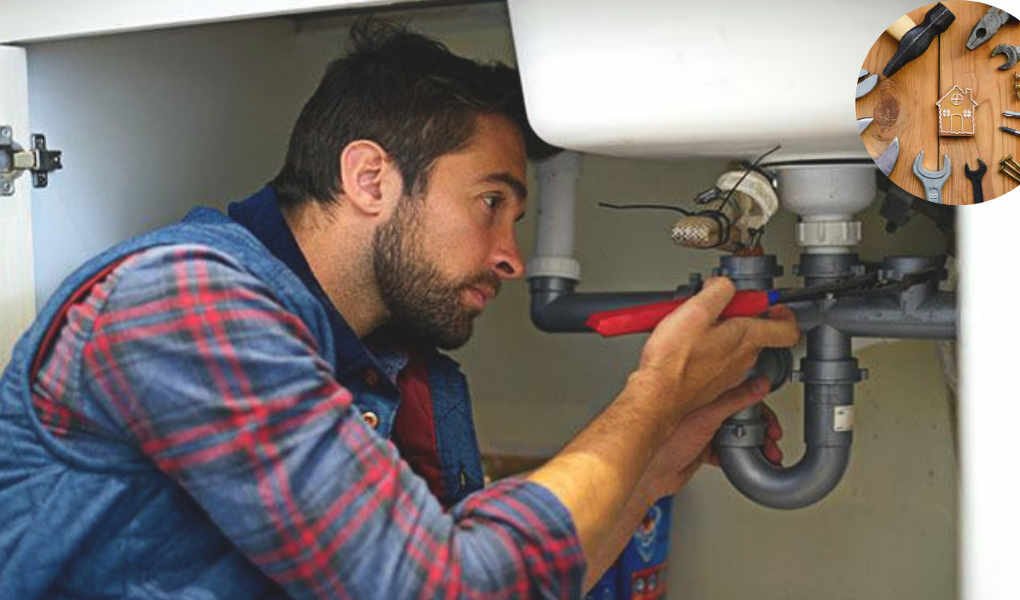
If your new state offers reciprocity, the application process can be relatively smooth. Here’s a step-by-step guide to help you navigate it.
You may also read (transform your home painting your aluminum roof explained).
Research Reciprocity Agreements
Start by researching whether your new state has reciprocity agreements with your current state. Check official state plumbing board websites or contact them directly for accurate information.
Gather Required Documentation
To transfer your license, you’ll likely need the following:
- Proof of your current plumbing license.
- Verification of work experience.
- Copies of exam scores.
- Personal identification.
- Licensing application forms.
Submit an Application
Complete and submit the reciprocity application form along with the required documentation. Be prepared to pay application fees, which vary by state.
Prepare for Additional Requirements
Some states may require you to:
- Pass a local code exam to demonstrate familiarity with state-specific regulations.
- Complete continuing education courses.
- Provide proof of liability insurance.
What If Reciprocity Isn’t Available?
If your new state doesn’t offer reciprocity, you’ll need to:
- Research licensing requirements in that state.
- Register for and take any required exams.
- Complete additional training if necessary.
State-by-State Overview of Plumbing License Reciprocity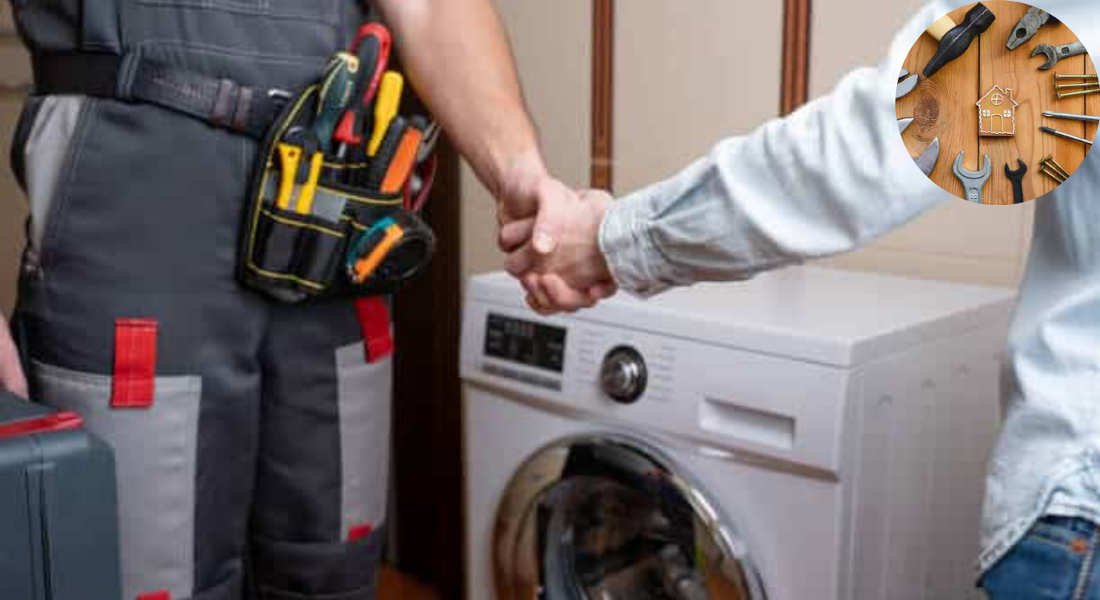
Here’s a closer look at how different states handle plumbing license transferability:
State Reciprocity Status Notes
Tennessee Reciprocity with Ohio: Ohio plumbers can transfer their licenses without retaking exams.
Texas has nono reciprocity. You Must apply for a new license and take state exams.
Utah No reciprocity License transfer not recognized; must meet all local requirements.
Virginia Recognizes Washington Licenses Streamlined process for Washington plumbers.
Wisconsin No reciprocity Must fulfil all licensing requirements from scratch.
South Carolina Exam waivers are possible on a case-by-case basis; contact the licensing board for specifics.
Washington Reciprocity with Idaho Licensed plumbers in Idaho can transfer credentials here.
Vermont Likely recognition with equivalent standards Work experience and exams may still be required.
West Virginia Reciprocity with Ohio and Tennessee Licensed plumbers from these states can transfer easily.
This table highlights the importance of verifying state-specific rules before relocating to ensure compliance with local regulations.
Common Challenges and Tips for Licensed Plumbers Moving States
Relocating and transferring your plumbing license can be a daunting task. Here are some common challenges and tips to overcome them.
Challenges
- Differing Codes: Plumbing codes vary by state, requiring plumbers to familiarize themselves with new standards.
- Exams and Fees: Retaking exams and paying fees can be time-consuming and expensive.
- Timelines: Licensing processes can take weeks or even months, potentially delaying your ability to work.
Tips for Success
- Stay Informed: Research and understand local plumbing codes before starting work.
- Network Locally: Join professional associations in your new state to build connections and stay updated.
- Take Courses: Continuing education can help you meet licensing requirements and expand your skill set.
SEO Tips for Plumbing Businesses Expanding Across States
If you’re a plumbing business owner, expanding into new states presents an opportunity to grow your presence. Here are some SEO strategies to consider:
Local SEO Strategies
- Claim Google Business Profiles: Set up profiles for each new location to attract local customers.
- Location-Specific Content: Create service pages targeting new cities or states.
- Target Keywords: Use phrases like “licensed plumber in [state]” or Do house plumbing licenses transfer to other states to attract traffic.
- Build Local Partnerships: Collaborate with businesses and organizations in your new area to earn backlinks and boost credibility.
